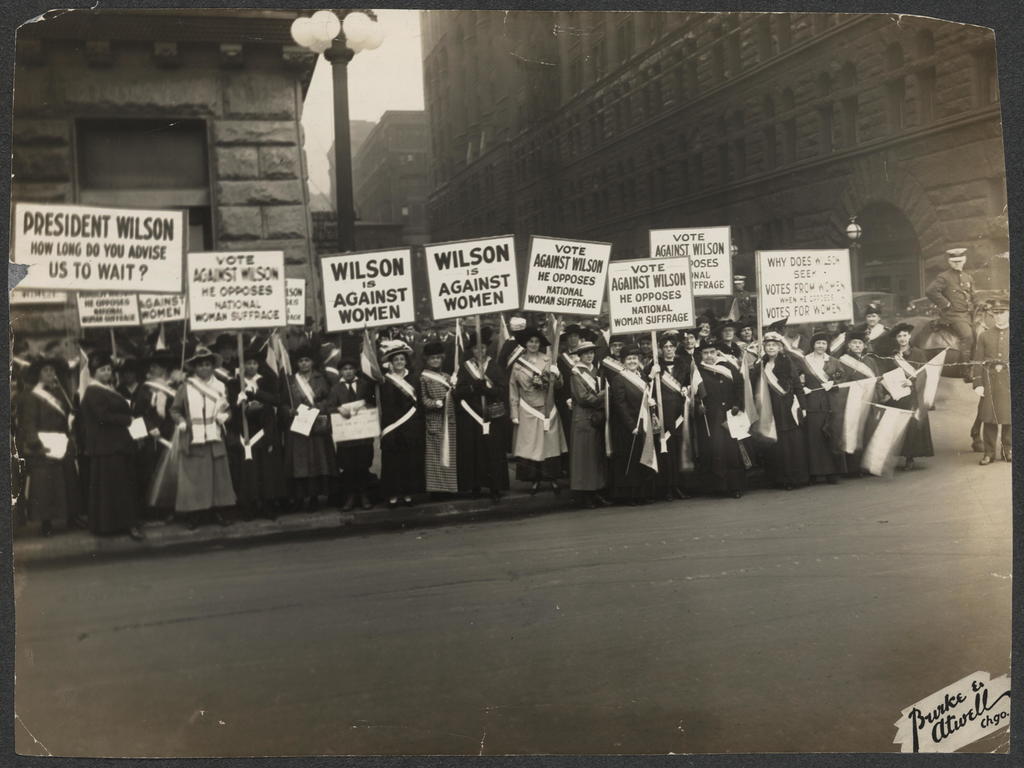How Did It Start?
During Women’s History Month we honor and celebrate the women who have helped our country in the ways they can and the women who stood for the rights to have their voices heard.
Women’s History Month started as a day on February 28, 1909 for suffragists (like the mom from Mary Poppins) and socialists to meet.
But that all changed in March of 1910 when a German activist by the name of Clara Zetkin suggested it become an International Holiday. 17 countries eventually agreed. Then, in 1987, the U.S. Congress declared the month of March to be Women’s History Month.
Why Do We Celebrate?
Women have impacted our history for quite some time.
Even as early as BC 497-548, Theodora became the Empress of the Byzantium Empire. People like Emilie du Chatelte and Mary Wollstonecraft were philosophers, writers, and mathematicians.
There are many example of women influencing our history and future:
Sacagewea, who led Lewis and William Clark as an interpreter and guide to discover the unknown all while carrying a baby on her back. Harriet Tubman guided her people through the night into freedom from slavery. Katherine Johnson helped NASA send men to the moon.
Amelia Earhart, an aviation pioneer and the first female aviator to fly alone across the Atlantic. Sojourner Truth, an abolitionist and women’s rights activist. Rosa Parks stood her ground standing up for what she believed was right.
Helen Keller, the first deaf and blind person to earn a Bachelor of Arts degree and changed education for those with disabilities. Louisa May Alcott who wrote books to inspire and open the eyes and hearts of others who lived blindly.
Elizabeth Blackwell, the first woman to graduate from medical school and was a pioneer in educating women in Medicine. Sally Ride was the first woman to travel to space on the Shuttle Challenger in 1983.
Susan B. Anthony, a suffragette who helped give women the right to vote. Clara Barton founded the American Red Cross and was its first president. Nellie Bly, a journalist who found a new kind of investigative journalism.
Jessie Benton Fremont (known as the brains behind her husband John C. Fremont) was a writer and political activist. Marguerite Higgins was a reporter during WWII and was awarded the Pulitzer Prize for Foreign Correspondence in 1951. Harriet Beecher Stowe, famous for writing “Uncle Tom’s Cabin” led to her meeting the president.
Even now, think of women who impact your life today - they don’t have to be famous. Women who helped you become who you are or helped get you to your true potential. Who are they? How do they inspire you?
What do they help you do, become, or push you to be? Celebrate these women.



